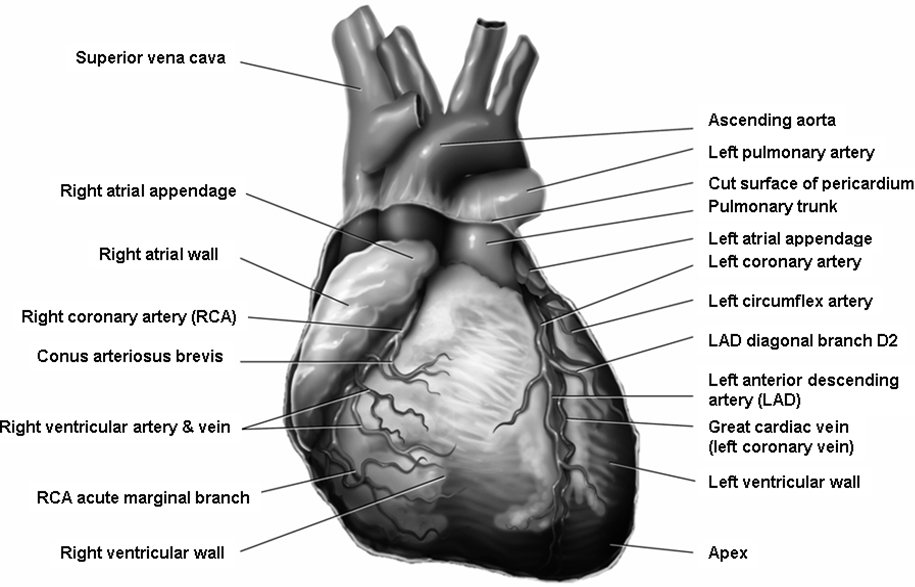Uric acid is a waste product that is produced by the body during the breakdown of purines, which are substances found in many foods. Normally, uric acid dissolves in the blood and is excreted from the body through urine. However, when the body produces too much uric acid or is unable to excrete it properly, it can build up in the bloodstream and lead to a condition known as hyperuricemia. If hyperuricemia is left untreated, it can lead to a condition known as gout, which is a type of arthritis that causes painful swelling in the joints.
The causes of hyperuricemia can include:
- Diet: Consuming foods that are high in purines, such as red meat, organ meat, and seafood, can increase the production of uric acid in the body.
- Genetics: Some people may have a genetic predisposition to producing too much uric acid.
- Medications: Certain medications, such as diuretics and aspirin, can increase the levels of uric acid in the body.
- Medical conditions: Certain medical conditions, such as kidney disease, can affect the body’s ability to excrete uric acid.
To control high levels of uric acid in the body, it is recommended to:
- Avoid or limit consumption of purine-rich foods.
- Maintain a healthy weight.
- Stay hydrated and drink plenty of water to help flush out uric acid from the body.
- Limit alcohol consumption.
- Exercise regularly.
There are also some natural remedies that may help to lower uric acid levels in the body, such as:
- Drinking cherry juice, which has been shown to reduce uric acid levels in some people.
- Consuming apple cider vinegar, which may help to alkalize the body and reduce inflammation.
- Taking supplements such as vitamin C, which has been shown to help lower uric acid levels.

However, it is important to consult with a healthcare professional before trying any new remedies or supplements, as they may interact with medications or have other potential risks. Additionally, if hyperuricemia is severe or leads to gout, medical treatment may be necessary to manage symptoms and prevent further complications.



